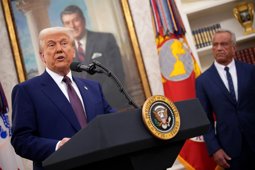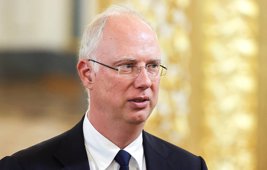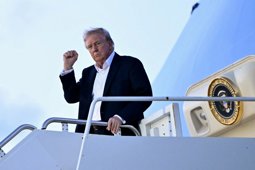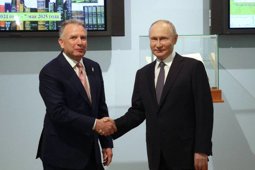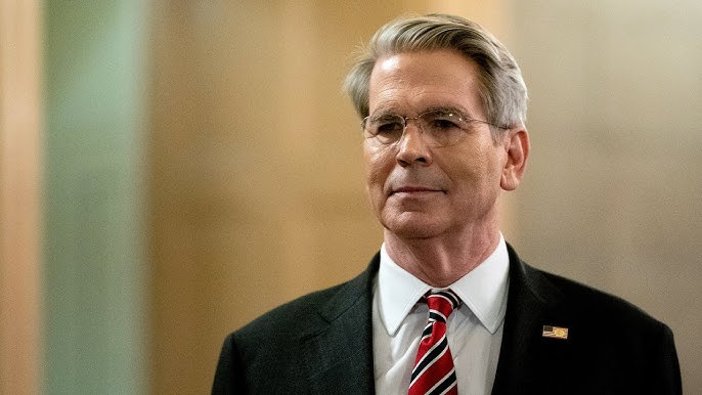
Bessent: Markets Antifragile, No Recession
U.S. Treasury Secretary Scott Bessent delivered a robust defense of President Donald Trump’s economic policies during his remarks at the 2025 Milken Institute Global Conference and in congressional testimony. Bessent described American financial markets as “antifragile,” stating that, “over a long-term horizon, it is never a bad time to invest in America.”
Highlighting key features of Trump’s economic agenda, Bessent credited tariff policies with leveling the global playing field and announced that tax legislation will permanently extend the small business income deduction. He also expressed strong support for restoring 100% expensing for equipment purchases, expanding it to factory construction, and introducing new credits for innovation and research.
Bessent emphasized the central role of China in Trump’s broader trade framework, calling the nation “the biggest piece of [Trump’s] trade puzzle.” He asserted that the U.S. remains the top destination for global capital and that the administration’s policies would reinforce that status in the long term.
Addressing deficit reduction, Bessent proposed a steady approach of reducing the fiscal deficit by 100 basis points relative to GDP annually. He told CNBC that such a strategy would be the most effective way to bring the U.S. fiscal situation under control without derailing growth. He also projected a return to 3% annual economic growth by next year, pointing to improving macroeconomic conditions.
In testimony before the House Appropriations Subcommittee, Bessent rejected the notion that the U.S. is currently in a recession. Responding to concerns over Q1 GDP contraction, he stated that the economic data was “noisy and subject to substantial revision,” and he expects a future upward adjustment. He added that sustaining current government spending levels is not a viable long-term solution and noted that the fiscal deficit stood at 6.7% last year.
The statements signal confidence from the Trump administration in the resilience of the U.S. economy and outline a roadmap centered on gradual deficit reduction, tax reform, and assertive trade policy.



